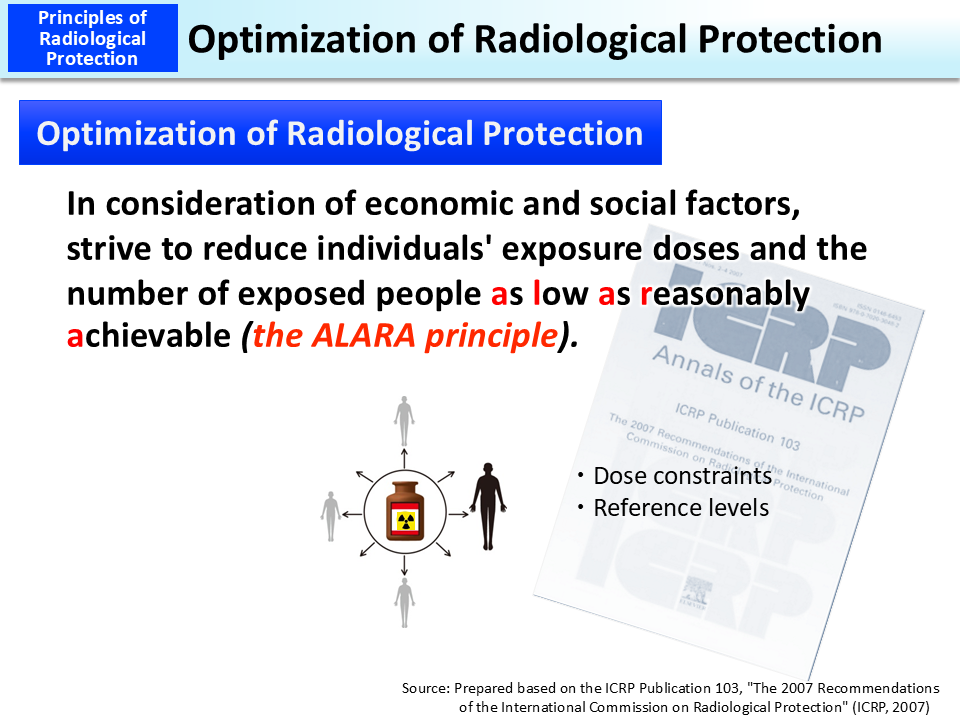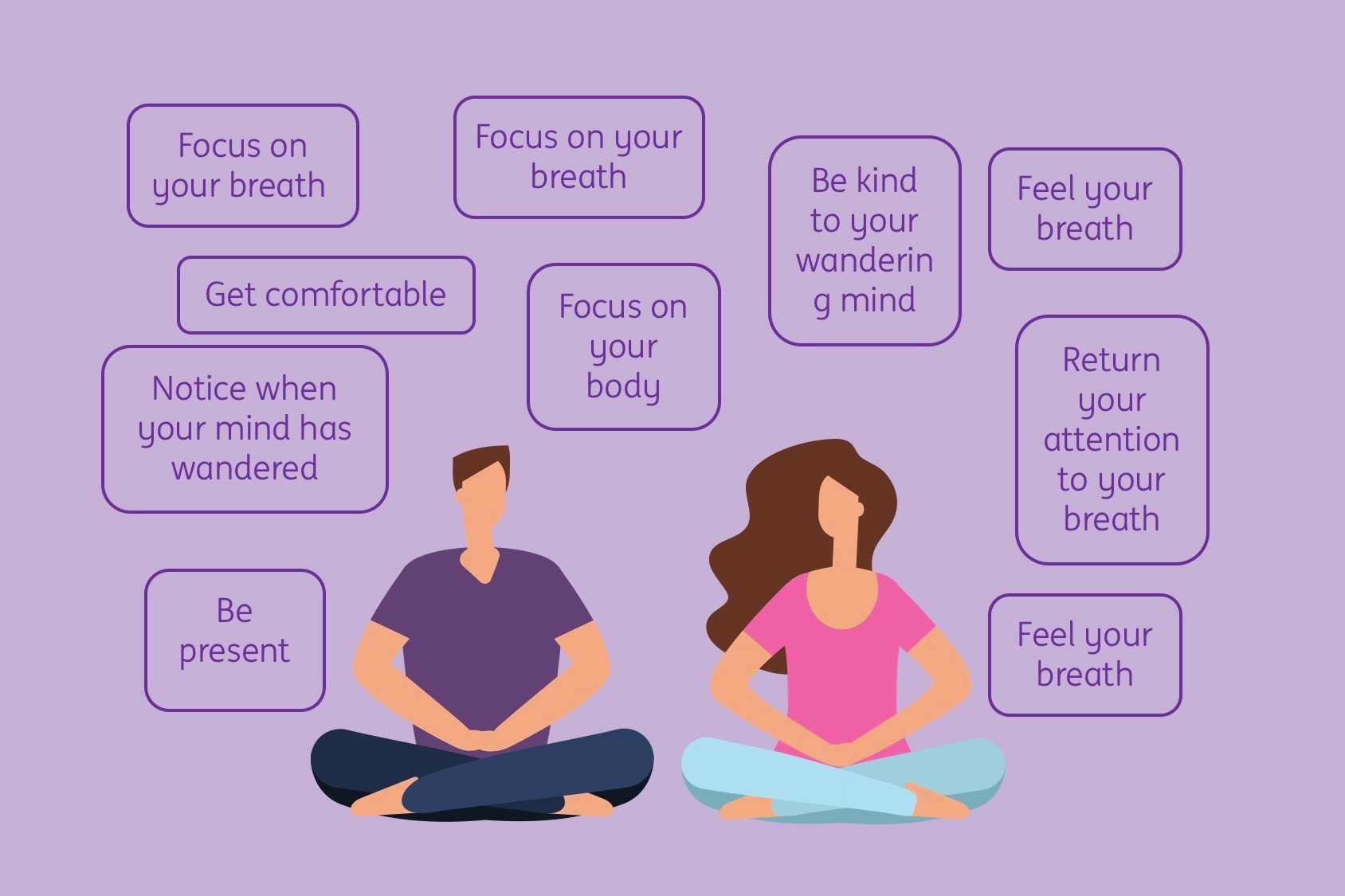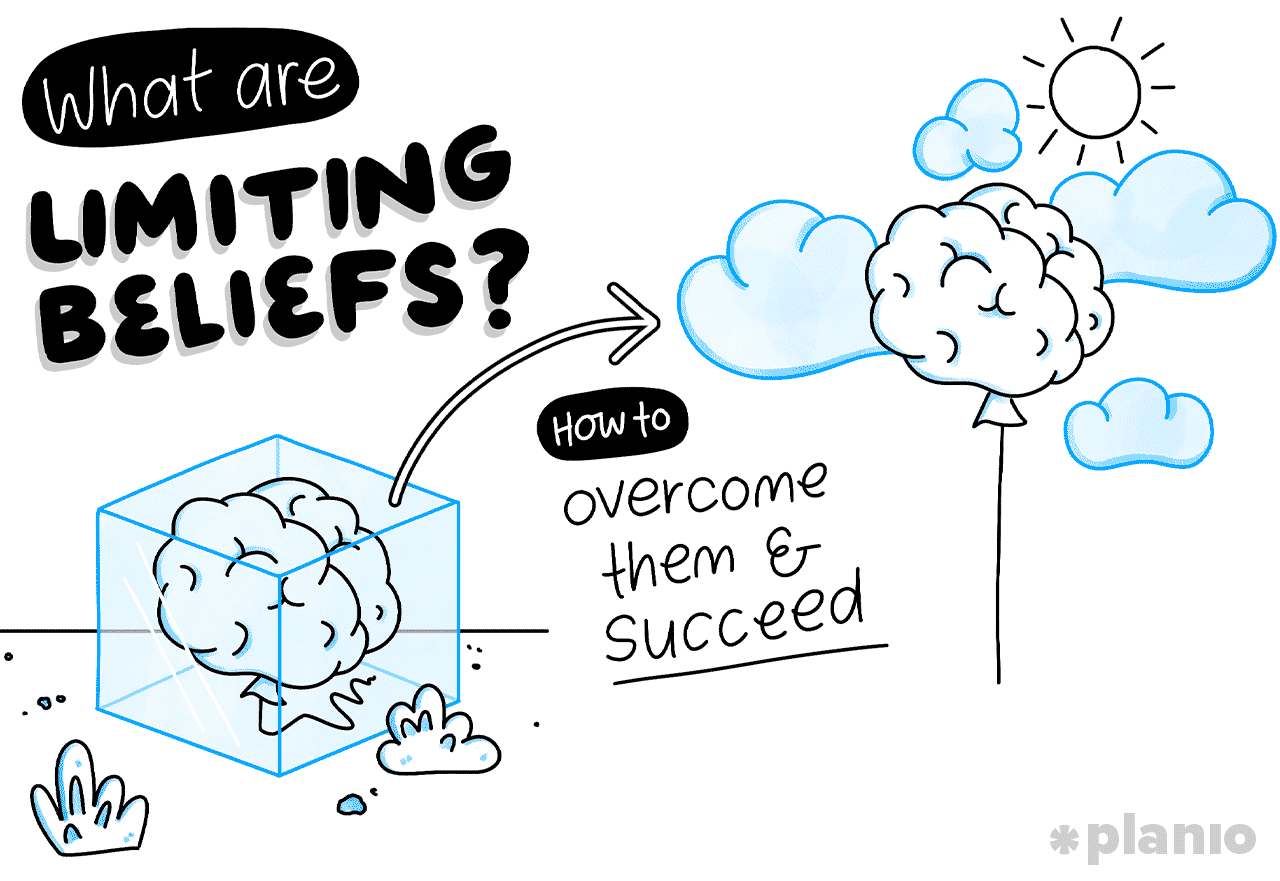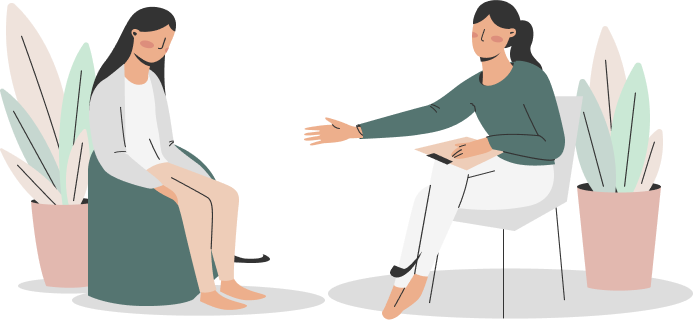Health Anxiety in 2024: Tips for Managing Fear of Illness in a Post-Pandemic World

Health Anxiety in 2024: Tips for Managing Fear of Illness in a Post-Pandemic World. The COVID-19 pandemic has left a lasting impact on how we view our health, not just physically but mentally as well. For many people, the heightened awareness of illness during the pandemic has triggered a condition known as health anxiety—an excessive and often irrational fear of being seriously ill. As we step into 2024, the world is slowly returning to a sense of normalcy, but the psychological scars of the pandemic are still present for many, and health anxiety is one of the most common struggles.
If you find yourself constantly worrying about your health, overanalyzing every cough or sneeze, or frequently visiting doctors or searching online for symptoms, you’re not alone. Health anxiety can take a heavy toll on your mental well-being, but the good news is that it can be managed. Here are some helpful tips to understand and cope with health anxiety in today’s post-pandemic world.
What is Health Anxiety?
Health anxiety, sometimes referred to as hypochondria, is characterized by persistent worry or fear that one has or will develop a serious medical condition. This anxiety isn’t limited to worrying about obvious symptoms; it can also manifest as anxiety over minor or imagined health issues. Despite reassurance from doctors or loved ones, the fear often persists and can interfere with daily life.
In a post-pandemic world, many of us have developed heightened awareness about germs, illnesses, and our own health, which makes health anxiety more common. The constant news coverage, the fear of catching COVID-19, and the uncertainty that came with the pandemic have all contributed to increased anxiety surrounding our health. In fact, the pandemic introduced new fears such as long COVID and concerns about lingering health effects, leaving some individuals overly preoccupied with their health and physical well-being.
Why Health Anxiety is On the Rise in 2024
- Pandemic-Driven Fear: The pandemic made many of us hyper-aware of our bodies. Symptoms such as a cough, fever, or even a mild headache might have once been shrugged off, but now they can trigger panic and the fear that we’re seriously ill. (Read More : Trek-Focused Fitness Programs 2024: Elevating Health Amidst Nature’s Splendor).
- Information Overload: We live in an age where health information is at our fingertips. The constant access to medical information, combined with social media and online forums, has only made it easier to fall into the trap of self-diagnosing and escalating concerns.
- Post-Traumatic Stress: The stress and uncertainty of the pandemic may have left emotional scars. For some, these lingering effects can manifest as anxiety, and in some cases, this becomes health anxiety. The fear of becoming ill may now be intertwined with the collective trauma experienced during global health crises.
- Increased Sensitivity to Health Issues: After months of social distancing, mask-wearing, and constant sanitizing, many people became hyper-vigilant about their health. This heightened awareness, while beneficial in some ways, can also cause individuals to obsess over the smallest of symptoms.
Tips for Managing Health Anxiety in 2024
Managing health anxiety may feel overwhelming, but there are steps you can take to reduce its grip on your life. Here are some effective strategies to help you cope with constant worry about your health in a post-pandemic world:
1. Limit Your Exposure to Medical Information

While it’s important to stay informed, excessive consumption of health-related content—especially from unverified or sensational sources—can trigger more anxiety. Social media and medical websites can often present worst-case scenarios or exaggerated information, which may worsen your fears. (Read More : Health Crisis in Canada in 2024: Bacterial Meningitis Outbreak Hits Canadian Communities).
To manage health anxiety, try limiting your time on websites or social media platforms that focus on health issues. Set a specific time to check medical information, and stick to reliable sources, such as your doctor or trusted health organizations. Reducing the amount of information you consume will help minimize your fears.
2. Challenge Your Anxious Thoughts

Cognitive Behavioral Therapy (CBT) is a highly effective way to deal with health anxiety. It involves identifying irrational, catastrophic thoughts about your health and replacing them with more realistic perspectives. For example, if you experience a minor cough, instead of immediately thinking, “It’s definitely a sign of a serious illness,” you can remind yourself that this is a common symptom and often associated with much less severe conditions like a cold or allergies.
By challenging irrational thoughts, you can start to diminish their power over you. Writing down your thoughts and looking for evidence to challenge them can help you realize that your fears may not be as grounded in reality as they seem.
3. Practice Mindfulness and Relaxation Techniques

Mindfulness practices such as deep breathing, meditation, and progressive muscle relaxation can be extremely beneficial for reducing anxiety. These practices help ground you in the present moment, making it easier to let go of worries about your health. (Read More : Top Reasons Why Joining a Fitness Gym in 2024 is a Game-Changer for Your Health).
When you notice your mind spiraling into anxious thoughts about illness, take a few deep breaths and focus on something you can see, feel, or hear in your surroundings. Grounding techniques help break the cycle of worry and bring you back to the present.
4. Limit Checking Behaviors

A common symptom of health anxiety is repeatedly checking for signs of illness, whether that’s taking your temperature, checking your pulse, or scanning your body for any unusual sensations. While it might feel comforting to perform these “checks,” they often reinforce your anxiety and make the worry worse.
Try to set boundaries for yourself. For example, you can commit to checking your health once a day, but not multiple times throughout the day. If you feel the urge to check your body for symptoms, try distracting yourself with another activity. Over time, you can gradually reduce the number of checks you do.
5. Seek Professional Help

If your health anxiety is affecting your daily life and relationships, it’s important to seek professional help. Therapy, especially Cognitive Behavioral Therapy (CBT), is one of the most effective treatments for managing health anxiety. A therapist can help you explore the root causes of your anxiety, challenge irrational thoughts, and develop healthier coping strategies.
In some cases, medication prescribed by a doctor can also help manage anxiety symptoms. Always consult with a healthcare professional before starting any treatment.
6. Focus on Healthy Habits, Not Fears
One of the best ways to cope with health anxiety is to focus on healthy behaviors rather than fearing illness. Engaging in regular exercise, eating a balanced diet, getting enough sleep, and managing stress can all help you feel better both physically and mentally.
While it’s easy to focus on symptoms, maintaining good health through healthy habits can reduce anxiety over time. Plus, when you feel physically strong, it can help ease your fears about potential illnesses.
Conclusion article Health Anxiety in 2024: Tips for Managing Fear of Illness in a Post-Pandemic World
In 2024, health anxiety remains a prevalent concern, particularly for those who lived through the uncertainties of the COVID-19 pandemic. While it’s normal to have some concerns about your health, constant fear can be debilitating. By practicing mindfulness, limiting information overload, challenging anxious thoughts, and seeking professional help when needed, you can take back control and reduce the impact of health anxiety on your life.
Remember, you are not alone in this journey. Many people are experiencing similar worries, and with the right tools and support, you can manage your anxiety and improve your overall well-being. Be kind to yourself and take small steps toward reclaiming your peace of mind.






2 thoughts on “Health Anxiety in 2024: Tips for Managing Fear of Illness in a Post-Pandemic World”
Comments are closed.